June’s National Safety Month was launched by the National Safety Council (NSC) under the slogan, “You are someone’s reason for staying safe. Who’s yours?”
Workplace safety is a hotter topic than ever this year, thanks to COVID-19. The NSC released a set of resources to help employers deal with the situation. They cover mental health, building a safety culture, ergonomics and driving.
How many are injured or die at work each year?
5,250 people died from personal injuries in the workplace during 2018, according to the Bureau for Labor Statistics(BLT). Another 2,834,500 workplace injuries or illnesses were reported by private workers the same year, resulting in 900,400 days taken off work.
What does National Safety Month involve?
The campaign stresses that workers must help to create safe workplaces. They are encouraged to sign a three-part pledgeto:
- Never compromise my own safety or the safety of my co-workers to get the job done.
- Actively look for hazards, promptly report them and take appropriate action to warn others.
- Be a good safety role model for my friends and family, even when off the job.
As part of the campaign, the NSC worked with Fortune 500 companies to produce a six-point framework which employers must focus on, to enable their employees to return to work safely in light of the ongoing COVID-19 crisis. The six areas to tackle are:
- Physical
- Medical
- Stress and Mental Health
- Employment, Legal and HR
- Communications
- External Factor
The NSC guidance and the National Safety Month campaign appear to support the work of the Occupational Safety Health Administration (OSHA), the federal body in charge of ensuring workplaces are safe. The OSHA website states your employer must provide: “A workplace free of known health and safety hazards. If you have concerns, you have the right to speak up about them without fear of retaliation.”
What is OSHA doing about COVID-19 workplace safety?
Yet in the middle of the COVID-19 pandemic, when workers need protection more than ever, many feel OSHA has abandoned its responsibility.
Back in April, OSHA released its Joint Meat Processing Guidance. Later that month, under pressure from the president to keep meat processing plants open, they released a statement saying they would not enforce these guidelines. What’s more, they said they would protect employers from lawsuits brought by employees who had contracted COVID-19. Provided the employer had shown “good faith” in trying to comply with the guidelines.
Meatpacking factories have caused more than 25,000 people to test positive for COVID-19 across 243 factories in 33 states. At least 95 have died according to the Mid-West Center for Investigative Reporting.
OSHA states on its website that employees worried about workplace safety have the right to request an OSHA inspection, speak to the inspector, and see the company’s record of personal injuries or deaths. Yet, it has taken these rights away for those in the meatpacking industry. It has left workers with a stark choice: they must carry on regardless or lose their job — perhaps the ultimate retaliation.
It is not only meatpackers who are being ignored by OSHA. Reports suggest OSHA has only cited only one employer for COVID-19 related safety issues, despite more than 4000 workers filing complaints.
The battle to protect workers’ rights
The American Federation of Labor and Congress of Industrial Organizations (AFL-CIO), has been petitioning OSHA and the Department of Labor since early March to introduce an emergency temporary standard on infectious diseases. They took it to the courts in May, but on June 11, the U.S. Court of Appeals rejected the AFL-CIO lawsuit.
States have begun to take things into their own hands in a variety of measures: Some have introduced mandatory regulations companies must follow to protect workers from COVID-19. Others have passed laws to limit or remove employees’ rights to bring a lawsuit.
- Georgia passed a bill on June 26to shield businesses from most COVID-19 related lawsuits.
- New York introducedmandatory guidelines companies must follow but also granted hospitals and nursing homes immunity from lawsuits resulting from the virus.
- Virginia is proposing a set of workplace safety standards for companies to operate in the time of coronavirus. With fines of up to $124,000 and the threat of closure for companies who fail to comply, it is positive news for workers who feel OSHA is not protecting them.
The COVID-19 lawsuits have already begun. Families of three workers who died from COVID-19 have sued Tyson Foods in Iowa. Workers have brought lawsuits against the following employers who they say failed to protect them from the disease:
So far, Texas has not introduced legislation to protect employers from COVID-19 lawsuits, but this could change. Contact us at Bennett Injury Law to arrange a consultation if you need legal advice regarding personal injury or the death of a loved one in the workplace. We can explain the current legal situation and fight for the compensation you need.

